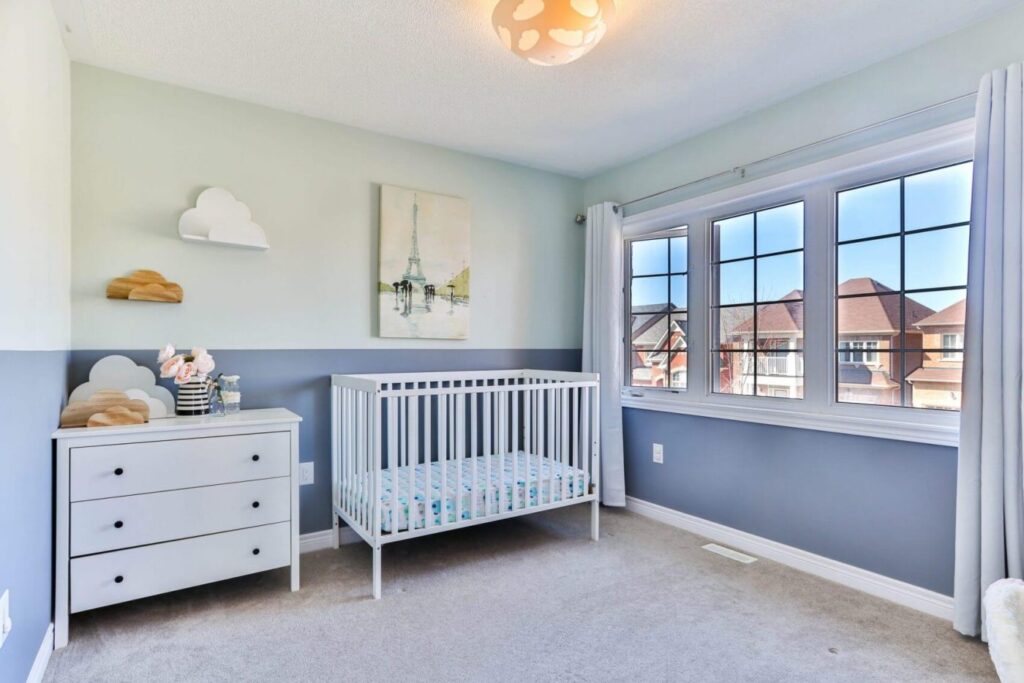
The Art of Negotiation in Real Estate Transactions
Negotiation is a crucial skill in the real estate industry, often determining the success or failure of a transaction. Whether you are a buyer, seller, investor, or agent, understanding the nuances of negotiation can significantly impact the outcome. This article delves into the art of negotiation in real estate transactions, providing practical tips and strategies to ensure favorable results for all parties involved.
Understanding Negotiation in Real Estate
Negotiation in real estate involves discussions between buyers and sellers (or their agents) to arrive at mutually beneficial terms for a property transaction. The process can encompass various aspects, including price, contingencies, closing dates, and repairs. Effective negotiation not only secures a better deal but also fosters relationships and builds trust among parties.
Key Elements of Successful Negotiation
1. Preparation
Preparation is the cornerstone of successful negotiation. Before entering negotiations, it’s essential to gather as much information as possible. Here are some steps to consider:
- Market Research: Understand the local real estate market. Analyze comparable sales, current listings, and market trends to determine a fair price.
- Know Your Limits: Establish your maximum and minimum price points, as well as any non-negotiable terms. This clarity will guide your negotiations.
- Understand the Other Party: Research the motivations and circumstances of the other party. Understanding their position can give you leverage in negotiations.
2. Building Rapport
Establishing a positive relationship with the other party can significantly impact the negotiation process. Here are some ways to build rapport:
- Effective Communication: Listen actively to the other party’s needs and concerns. Open communication fosters a collaborative atmosphere.
- Show Empathy: Understanding the emotional aspects of buying or selling a home can create goodwill. Acknowledge the importance of the transaction for the other party.
- Maintain Professionalism: Approach negotiations with professionalism and respect. This demeanor can enhance trust and facilitate smoother discussions.
3. Strategic Offer Making
When making offers, consider the following strategies:
- Start with a Strong Position: Begin negotiations with a well-researched offer that reflects the market value of the property. This demonstrates seriousness and preparedness.
- Be Flexible: While it’s important to have clear limits, being flexible with terms can lead to creative solutions that satisfy both parties.
- Use Contingencies Wisely: Including contingencies in your offer can protect your interests. For example, a home inspection contingency allows for renegotiation based on findings.
4. The Power of Patience
Patience can be a powerful tool in negotiations. Here’s how to practice it effectively:
- Don’t Rush the Process: Take your time to consider offers and counteroffers. Rushed decisions can lead to unfavorable outcomes.
- Pause for Reflection: If negotiations become tense, don’t hesitate to take a break. This allows both parties to regroup and approach discussions with a fresh perspective.





5. Closing the Deal
Successfully closing a deal involves wrapping up negotiations and ensuring that both parties are satisfied with the terms. Here’s how to effectively close:
- Summarize Key Points: Recap the agreed-upon terms to ensure clarity and prevent misunderstandings.
- Prepare for Final Steps: Work with your real estate agent or attorney to prepare the necessary documentation and coordinate closing logistics.
- Stay Open to Future Opportunities: Even after closing, maintain a positive relationship. Future transactions may arise, and goodwill can lead to referrals.
At The8Venue, we are committed to guiding you through the intricacies of real estate negotiations, ensuring that your interests are protected while fostering positive relationships throughout the process. Whether you’re buying, selling, or investing, mastering the art of negotiation can empower you to achieve your real estate goals.
Common Pitfalls to Avoid
While negotiating, it’s important to be aware of common pitfalls that can derail the process:
- Being Overly Aggressive: Aggressive tactics can alienate the other party. Aim for collaboration rather than confrontation.
- Ignoring the Other Party’s Needs: Failing to consider the other party’s motivations can lead to missed opportunities for compromise.
- Neglecting Emotions: Real estate transactions can be emotional. Be sensitive to these feelings and approach discussions with empathy.
Conclusion
The art of negotiation in real estate transactions is a skill that can be developed with practice and understanding. By preparing thoroughly, building rapport, making strategic offers, exercising patience, and closing effectively, you can navigate negotiations with confidence. Remember that each transaction is unique, and adapting your approach to the specific circumstances will yield the best results.
LEAVE YOUR THOUGHT HERE
Recent Post
Property Portfolio Management for Beginners
Balancing Risk and Reward in Property Portfolios
How to Manage Multiple Properties Efficiently
The Role of Smart Investments in Property Portfolios
Want to List your Property?
This is a creative collaboration where you…
This is a creative collaboration where you can share any…
Share the unique details that will bring…
Share the unique details that will bring your ideas to…
Use the right furniture in the right…
Use the right furniture in the right place to create…
Choosing the Right Furniture for Your Home’s…
Choosing the Right Furniture for Your Home’s Aesthetic Furniture plays…
Interior Design Tips for Small Spaces –…
Interior Design Tips for Small Spaces Designing a small space…





